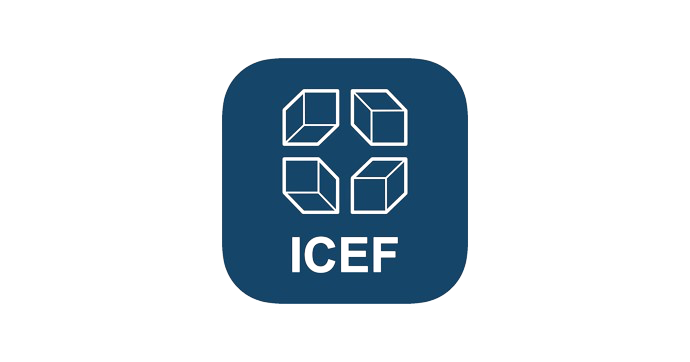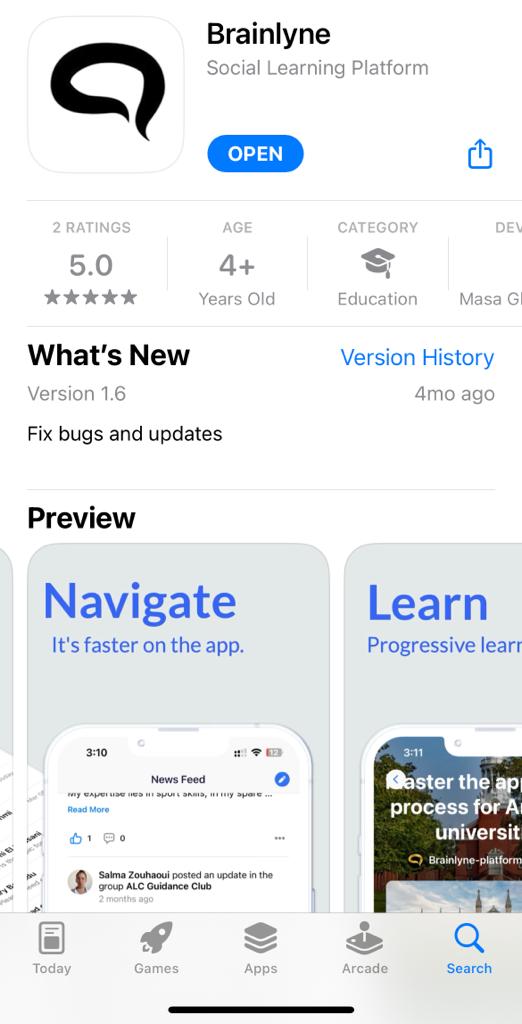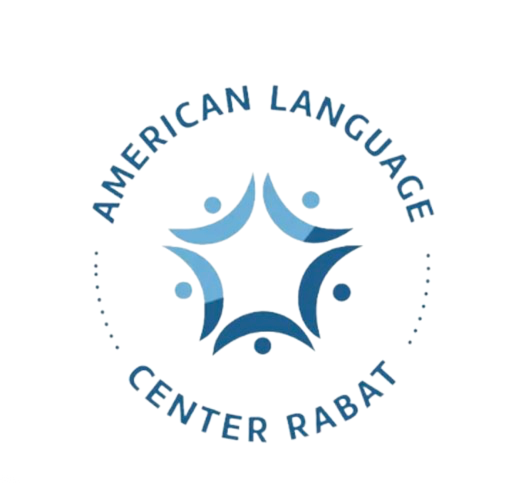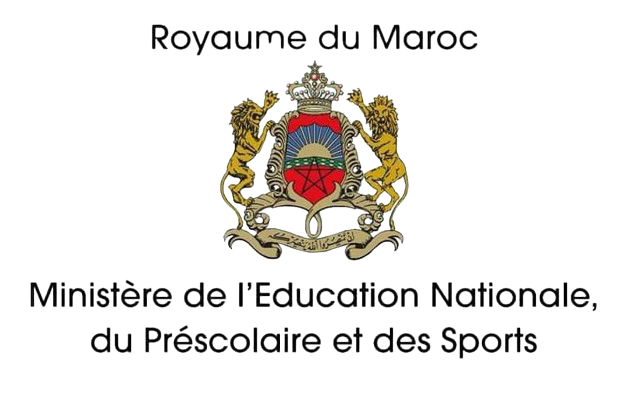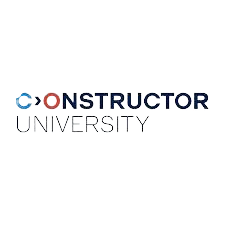Your Guidance Platform
Brainlyne is a leading education technology platform helping high school students and institutions access global universities through live courses, and personalized support, created by professionals.
Download on the
Get it on
Partners & Accreditations
Recent Updates
Latest News
Platform Statices
Our Successful Track Record
Brainlyne has built the tradition of empowering individuals, and help them tap into their potentials. Among few of our alumni, we count Rise forward scholars, Ivy League acceptances, Full scholarship recipient, and students accepted at top boarding schools.


Meet Brainlyners who have used the platform
Brainlyne platform benefits students worldwide in various ways, providing access to virtual tutoring, study materials, and networking opportunities,

Sara Guessous
Sara Guessous, an impressive student, has been accepted to both Think Global School and Georgetown University for her dedication, intelligence, and academic excellence.

Noha Naimi
Noha has been accepted to the Davis program and the Lawrenceville with full scholarship and support for her undergraduate studies! The second best high school in the U.S!

Buse Yildiran
Buse, a Turkish student, received the YES Program and competitive scholarships. Her commitment to excellence inspires others. She plans to make a meaningful impact and we're proud to support her.

Mondir Saouab
Mondir is a Moroccan success story - awarded prestigious Rise Fellowship, and accepted into top programs like Minerva, Yale and Yes.

Loujaine Lechhab
Loujaine got a scholarship for NYU thanks to her academic excellence and merit. It eases her finances and provides opportunities for growth. Her admission shows her passion for education and is a remarkable accomplishment.

Romayssa Idrissi
Congrats Romayssa on being accepted to Fordham University for business. Best of luck on this exciting journey!

Khaoula Achab
Khaoula got accepted to NYU! She is currently studying bioinformatics & conducting research with great profs & peers. Your hard work advances scientific discovery. Best of luck!

Yasmine El Hadi
Yasmine El Hadi got accepted to a top US liberal arts school! Congrats on her hard work and dedication. The school has excellent faculty, programs, and a dynamic campus community. She'll have many opportunities to pursue her interests and learn from experts.
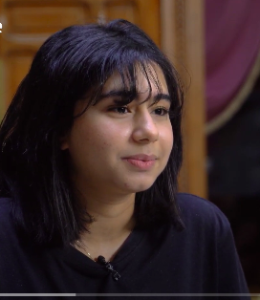
Abir Mahfoud

Wiam Benndar

Alae Belkhadir

Fatima Zahra Jada

Wijdane Belkhair

Oumaima Bouanani Idrissi
Oumaima, an exceptional student, got into NYU Shanghai with a scholarship, and serves as an inspiration for others to aim high and work hard.


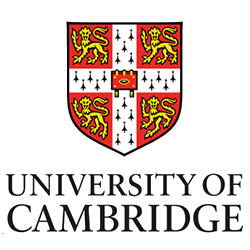



How it works!
AI Driven Support
We use AI to deliver highly personalized support for review of your plans and interest, fine-tune on educational data.
Live courses with experts
Our expert-led classes push you to improve every aspect of your learning journey with high standards and inspiring techniques.
Activities & Guidance
We challenge you to pursue your interest by our activity lab, pushing you create interesting opportunities
Opportunity recommendation
Easily find great opportunities with a tailored database with filters like education level, location for scholarships.
Personal Support
Each Brainlyner has their own advisor and mentor that guides them step by step, saving them time and efforts.
Brainlyne with you everywhere!
Mobile App Available
Immerse yourself in our classes or Videoconferences, depending on the technology you are using. Keep your learning wherever you go. The structure of Brainlyne classes have been designed to accommodate the needs of every learner.
